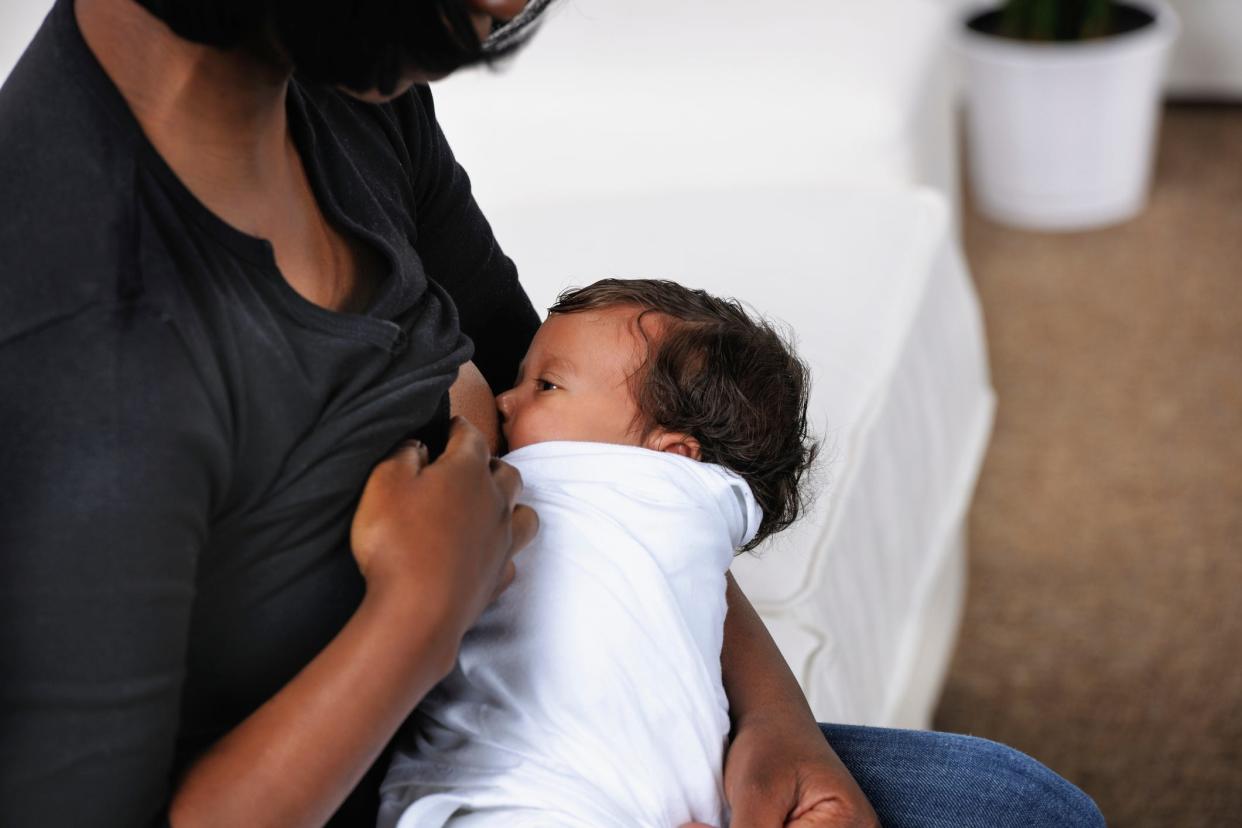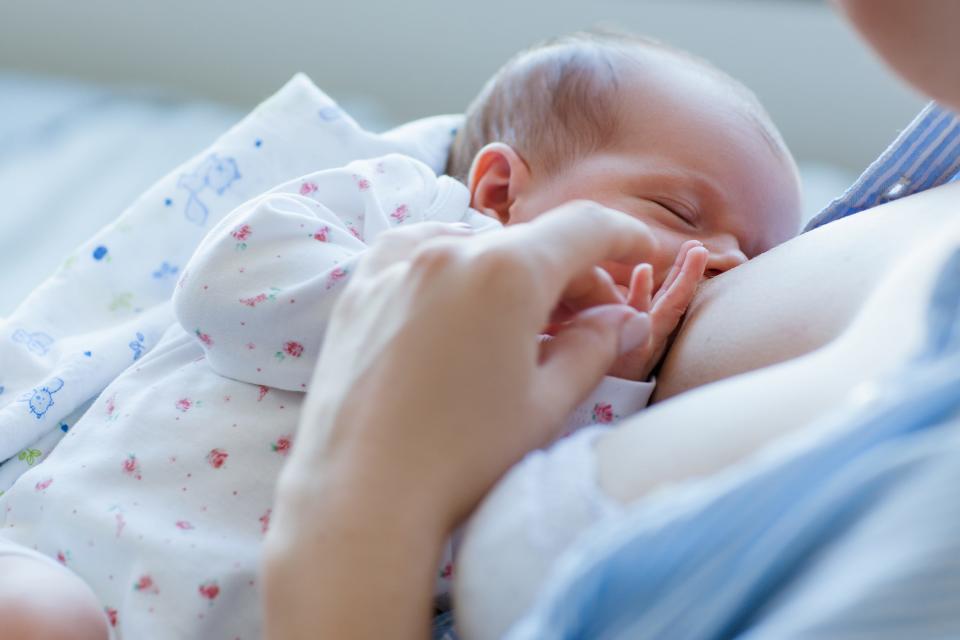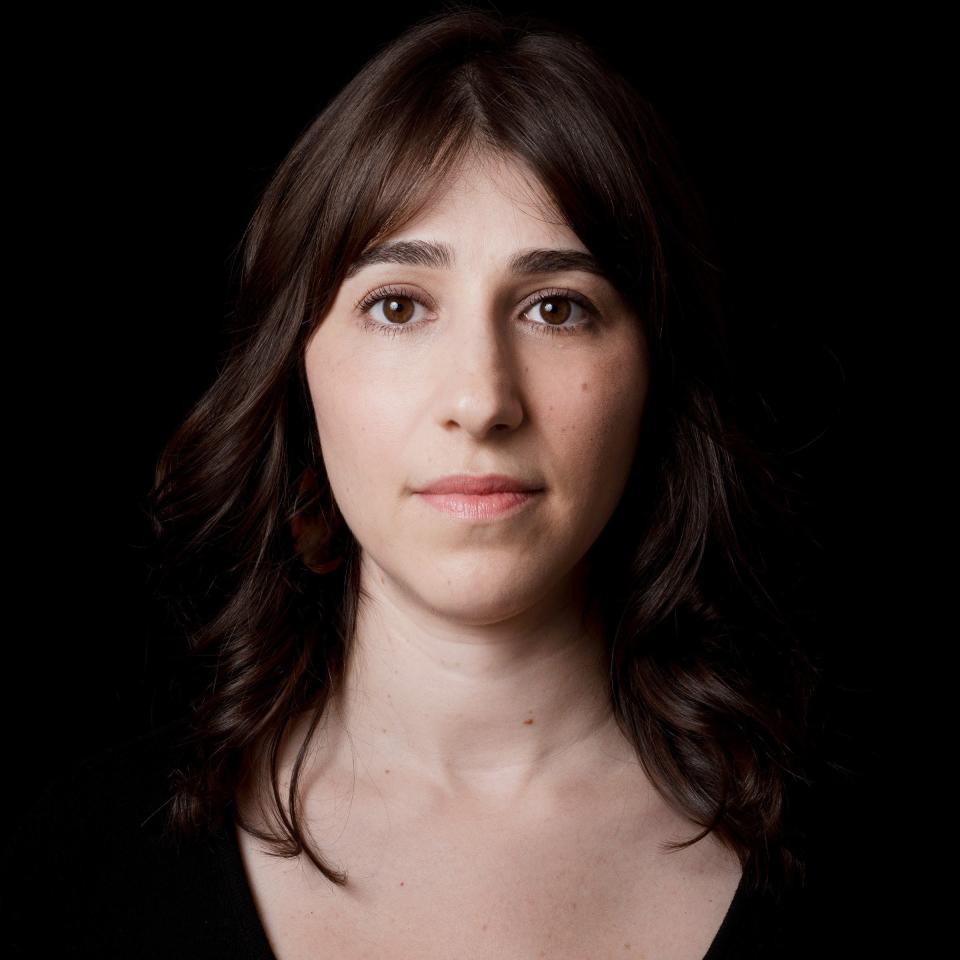Support for breastfeeding moms is already abysmal. The pandemic is making it worse.

After giving birth in Brooklyn in 2015, before I had even eaten, I phoned the hospital lactation consultant to beg for help feeding my daughter. She never called back or came, so I attended her weekly class. It consisted of bedraggled women wheeling their infants into a converted closet to watch a video. In it, a woman stroked her breast a couple of times and milk gushed out like Niagara Falls. Meanwhile, the only fluids exiting my body were the tears drenching my face. I left the hospital knowing zilch about breastfeeding, feeling defeated before I began.
I wish my experience were an outlier. But many women’s attempts to breastfeed start similarly – utter cluelessness receding into deep shame. Just because breastfeeding is “natural” doesn’t make it easy. I surveyed more than 1,300 moms for a book I’m writing about control in childbirth, and hundreds of them stressed how difficult and bewildering breastfeeding was. Some called it the single hardest part of becoming a mom.
Breastfeeding is, counterintuitively, both pedestalled and undervalued in our culture. Support is so scarce that while most people want to breastfeed, more than half don’t meet their own goals. Only a quarter of infants are exclusively breastfed for the first six months.
If we do learn how, our punishing work culture ensures that we don’t do it for long. A third of moms said they stopped breastfeeding because they returned to work. Companies routinely fail their legal and moral obligation to accommodate breastfeeding employees, as evidenced by the lawsuits brought by working women.
Breastfeeding education out of reach
It’s no wonder that, when breastfeeding seems impossible or doesn’t work, we believe it’s our fault. It’s not. More women can and should breastfeed without being shamed into it or feeling breastfeeding imposter syndrome when they struggle.
We must create breastfeeding education that is accessible to all and link it to real support – both emotional support from family, friends and health care professionals, and practical support from lactation specialists, government, employers and society. The practice must be reframed, not as a mere food choice (which forces it into false competition with formula) but as a relationship and tool that serve us all.
USA TODAY's Kelsey Bloom: Americans want more babies in their lives. Biden's subsidized child care won't help that.
This couldn’t be more urgent. Almost 18% of hospitals reported reduced lactation support in response to the pandemic, while nearly 73% sent mother and infants home less than 48 hours after birth, according to the Centers for Disease Control and Prevention. That is before many women will establish a milk supply.
Because breastfeeding education is often insufficient at hospitals, many women seek costly private help, like I did. Seeing a lactation consultant (as well as practicing patience, diligence and having an actively supportive partner) helped me surpass the early days of bad latch and pain, and move, eventually, to comfortable feeding. Her advice was invaluable, but my consultant was hard to find, far away and expensive. Some insurance plans don’t cover private lactation help, making breastfeeding experts out of reach.
Healthy moms, healthy babies
Education is vital. Babies have been rightly centered, however it’s time that we elevate breastfeeding’s benefits to mothers.
Rather than touting how breastfeeding improves mothers’ health, breastfeeding struggles are routinely blamed for women’s mental health challenges postpartum.
But mothers who breastfeed actually report improved mental health – reduced anxiety, stress and negative mood. While I struggled to learn how with my first kid, I have since breastfed three children over the past six years, and during this time I notice my own mental health improved by it.

We hardly discuss or even acknowledge the prophylactic benefits of breastfeeding to fight disease (at a time when we are rightly fearful of it). If 90% of families met the six month breastfeeding recommendation, the United States could save $13 billion per year in health care costs and prevent more than 900 infant deaths, according to a study in the journal Pediatrics.
Nursing could also help protect some infants against COVID-19. A study found that vaccinated moms pass antibodies to their nursing infants. I am comforted to know that as a vaccinated person, I am very likely passing antibodies through my breastmilk to my 2-year-old, whom I have breastfed since before the pandemic began.
Tracking a mysterious bacteria: Has a clue emerged to possible source of rare foreign bacteria that sickened Texas girl, others?
I even began collecting my milk during lockdown to contribute to a study of COVID-19 antibodies in breastmilk. We need more and better information about this connection, but we can assume there is one, as the CDC urged vaccination for pregnant and lactating people this week. We should not only encourage vaccinated mothers to protect their kids by breastfeeding, but we should also teach and support them so they can succeed.
What support for moms looks like
Support could look like cash. A JAMA Pediatrics study suggests that paying people to breastfeed has a modest effect.
And why not? We receive a child tax credit now, acknowledging that parenting is a job. Breastfeeding is labor intensive – a year of it clocks in at about 1,800 hours, while a full-time job is only several hundred hours more. The improved physical and mental health that breastfeeding promises betters not only one family but our whole society. That’s worth paying for.

We should all feel permission to do what we want with our bodies, our time and our kids. That could mean not breastfeeding, or starting and stopping. Breastfeeding should be a choice we get to make with all the education, support and resources available. But that’s not happening right now.
Women’s bodies have long been a source of pain and shame. Our society is deeply invested in disconnecting us from them. However, breastfeeding proves how powerful women’s bodies are, how miraculous and life-giving. I think it’s why so many of us strive to breastfeed – the act promises to restore that essential truth.
For more of us to do it, we must bestow practical and emotional support and dispense with shame and aphorism. Simply telling mothers “breast is best” means nothing in a vacuum.
Allison Yarrow is a journalist, speaker and author. She is the author of “Birth Control: The Insidious Power of Men Over Motherhood,” forthcoming from Seal Press, and “90s Bitch: Media, Culture, and the Failed Promise of Gender Equality” (Harper Perennial, 2018).
You can read diverse opinions from our Board of Contributors and other writers on the Opinion front page, on Twitter @usatodayopinion and in our daily Opinion newsletter. To respond to a column, submit a comment to letters@usatoday.com.
This article originally appeared on USA TODAY: Support for breastfeeding moms is abysmal. COVID-19 makes it worse.

